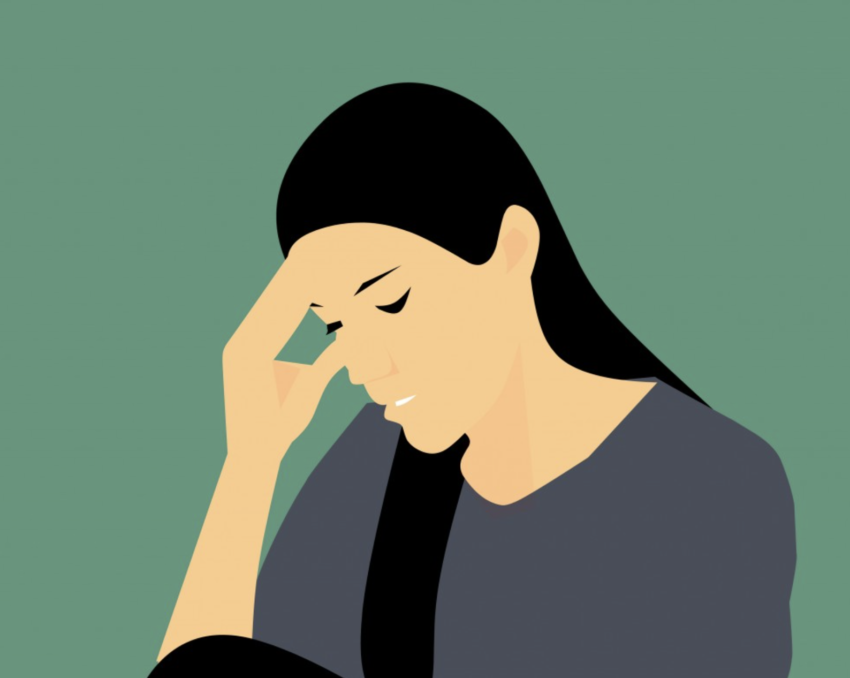THE CONVERSATION – Artificial intelligence (AI) is poised to revolutionise the way we diagnose and treat illness. It could be particularly helpful for depression because it could make more accurate diagnoses and determine which treatments are more likely to work.
Some 20% of us will have depression at least once in our lifetimes. Around the world, 300 million people are currently experiencing depression, with 1.5 million Australians likely to be depressed at any one time.
Because of this, depression has been described by the World Health Organization as the single biggest contributor to ill health around the world.
So how exactly could AI help?
Despite its frequency, depression is difficult to diagnose. So hard, in fact, that general practitioners accurately detect depression in less than half of cases.
…article continued below
– Advertisement –
This is because there is no one test for depression: doctors use self-reported symptoms, questionnaires and clinical observations to make a diagnosis. But symptoms of depression are not the same for everyone. Some people may sleep more, others sleep less; some people lack energy and interest in activities, while others may feel sad or irritable.
For those who are accurately diagnosed with depression, there are a range of treatment options including talk therapy, medications and lifestyle change. However, response to treatment is different for each person, and we have no way to know ahead of time which treatments will work and which won’t.
AI trains computers to think like humans, with a particular focus on three human-like behaviours: learning, reasoning and self-correction (to fine-tune and improve performance over time) …
Sarah Hellewell is Research Fellow, Faculty of Health Sciences, Curtin University, and The Perron Institute for Neurological and Translational Science, Curtin University.
